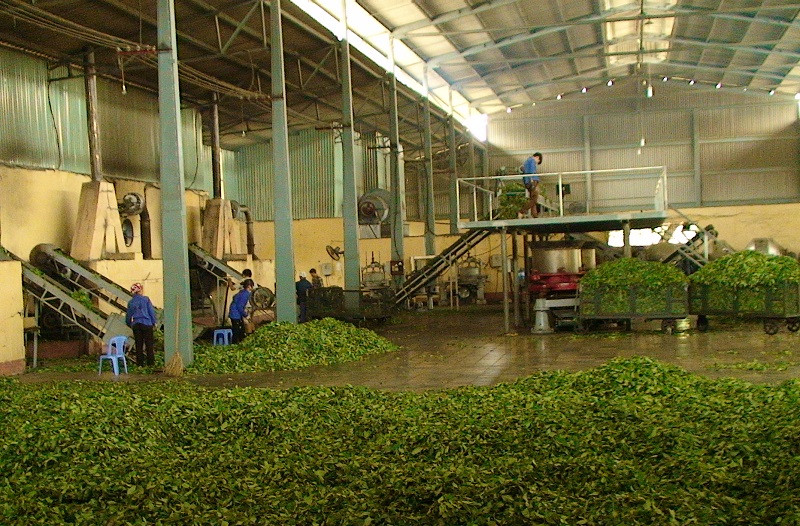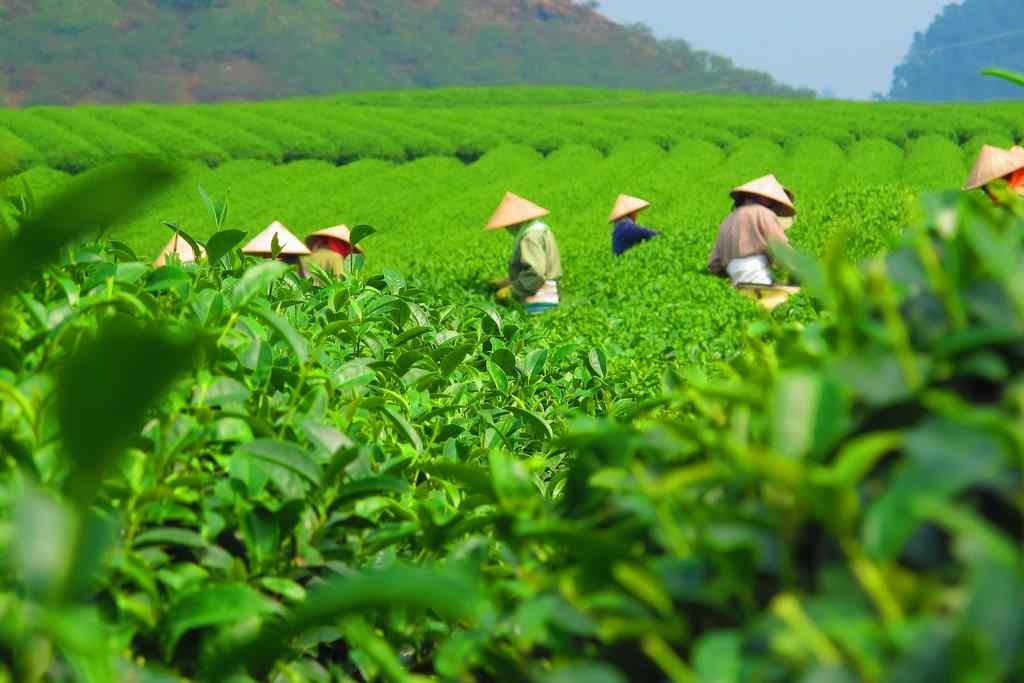Roasted Green Tea is a unique category of green tea known for its warm, nutty aroma and smooth, low-astringency flavor. Unlike traditional steamed or pan-fired green teas, roasted green tea undergoes an additional roasting step that transforms its character—developing a toasty, rich profile that appeals to both new drinkers and seasoned tea lovers.
What Is Roasted Green Tea?
Roasted Green Tea refers to green tea that has been lightly to heavily roasted after initial drying. The roasting process alters the chemical structure of the tea leaves, reducing grassy notes and enhancing deeper, more caramelized flavors. This tea is particularly popular in Japan (where it’s called Hojicha) and increasingly appreciated worldwide for its soothing, toasted aroma and mild taste.

Unlike black or oolong teas, roasted green tea is non-oxidized, preserving much of the natural antioxidants found in green tea—while offering a softer, more roasted flavor.
How Is Roasted Green Tea Made?
The production of Roasted Green Tea starts similarly to other green teas:
- Harvesting – Tender young leaves or older summer leaves may be used, depending on the desired flavor profile.
- Fixation – Oxidation is halted through steaming or pan-firing to lock in the green tea base.
- Drying – Leaves are dried to reduce moisture content.
- Roasting – The dried leaves are roasted over charcoal or in rotary roasters at controlled temperatures. This stage is where the tea’s signature aroma and flavor are developed.
- Sorting & Packaging – Once cooled, the tea is graded and packed for sale or export.

Flavor Profile & Aroma Development
What sets Roasted Green Tea apart is its aromatic transformation:
- Light Roasting: Retains some grassy notes while adding mild toastiness.
- Medium Roasting: Brings out nutty, woody flavors with a smooth finish.
- Heavy Roasting: Creates bold, smoky aromas and a dark, amber-colored infusion.
The roasting process also lowers caffeine content, making it a calming choice for evening consumption or for sensitive tea drinkers.
Health Benefits
Despite its mellow taste, Roasted Green Tea retains many of the health benefits associated with green tea, including:
- Antioxidant support
- Improved digestion
- Reduced caffeine-related side effects
- Anti-inflammatory properties
Thanks to its easier digestibility, it is a popular choice in wellness-focused beverage lines.
A Sustainable, Market-Ready Product
By roasting older leaves or stems (a practice common in Japanese Hojicha), producers can reduce waste and create valuable, flavorful products from parts of the plant often discarded.
Whether you’re looking to expand your premium tea line or offer a mellow, aromatic alternative to traditional green teas, Roasted Green Tea offers a bold new opportunity.
